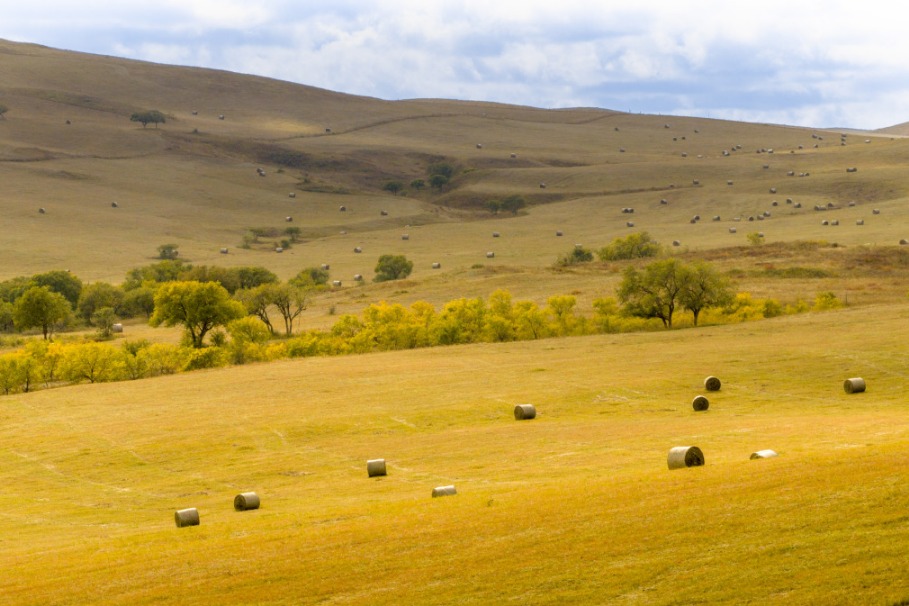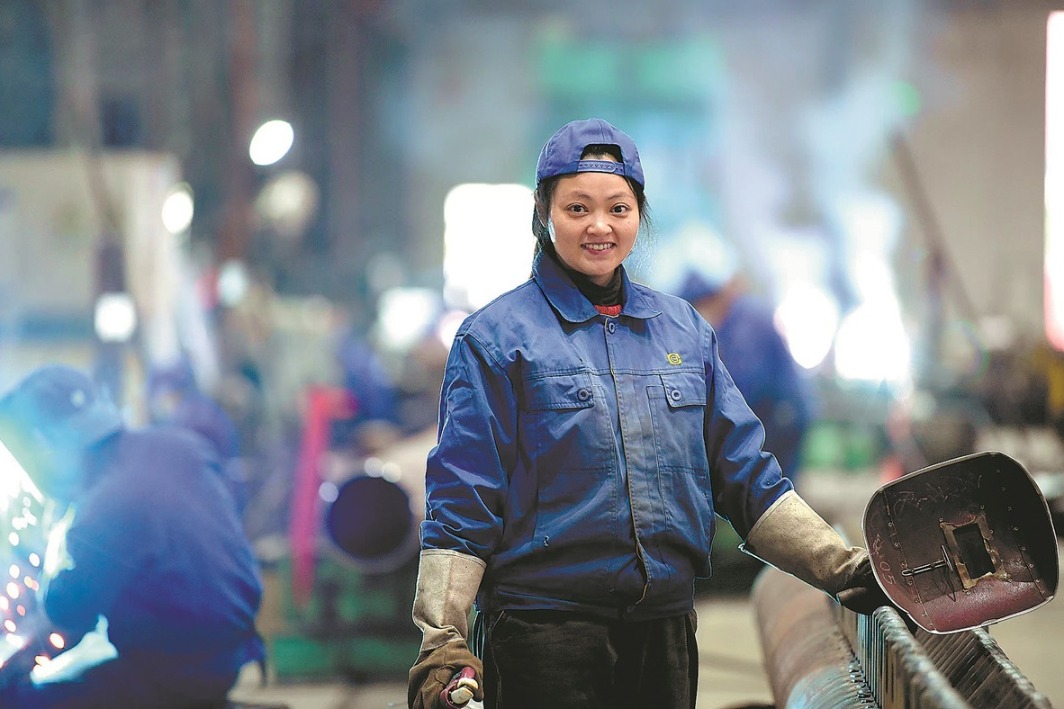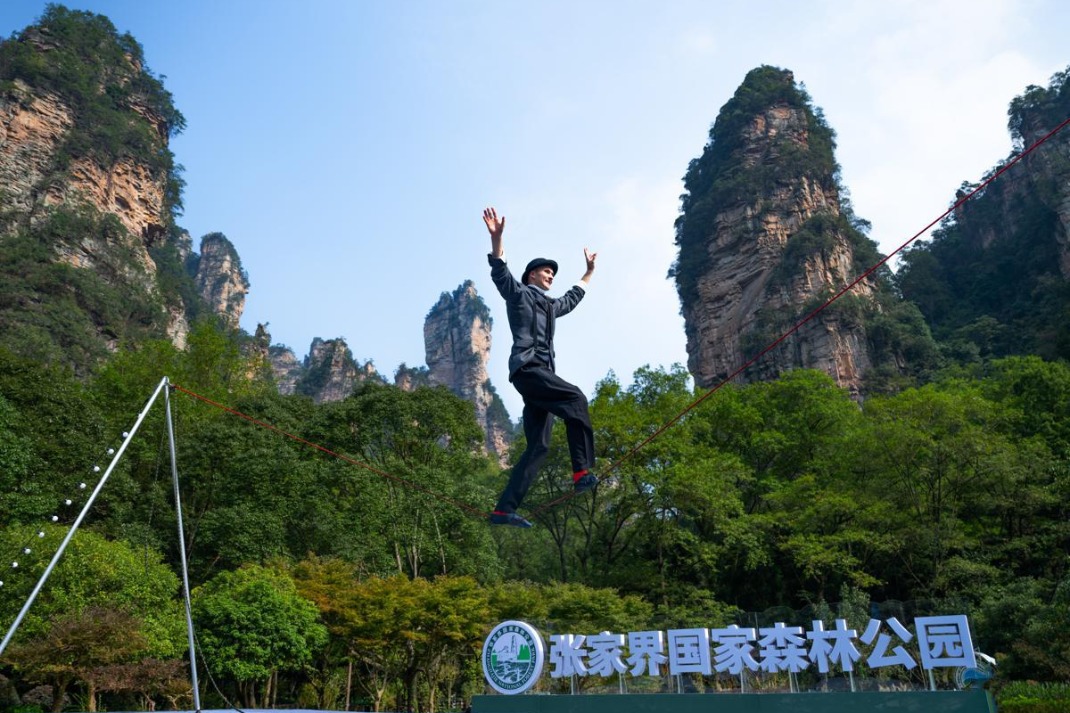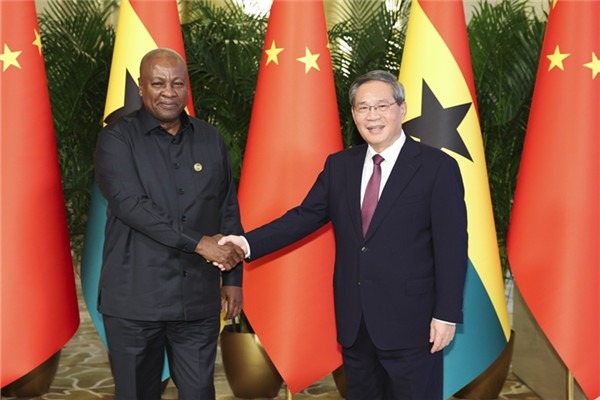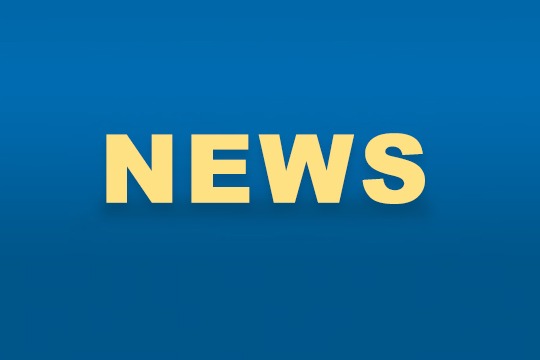Four questions the US must answer concerning COVID-19

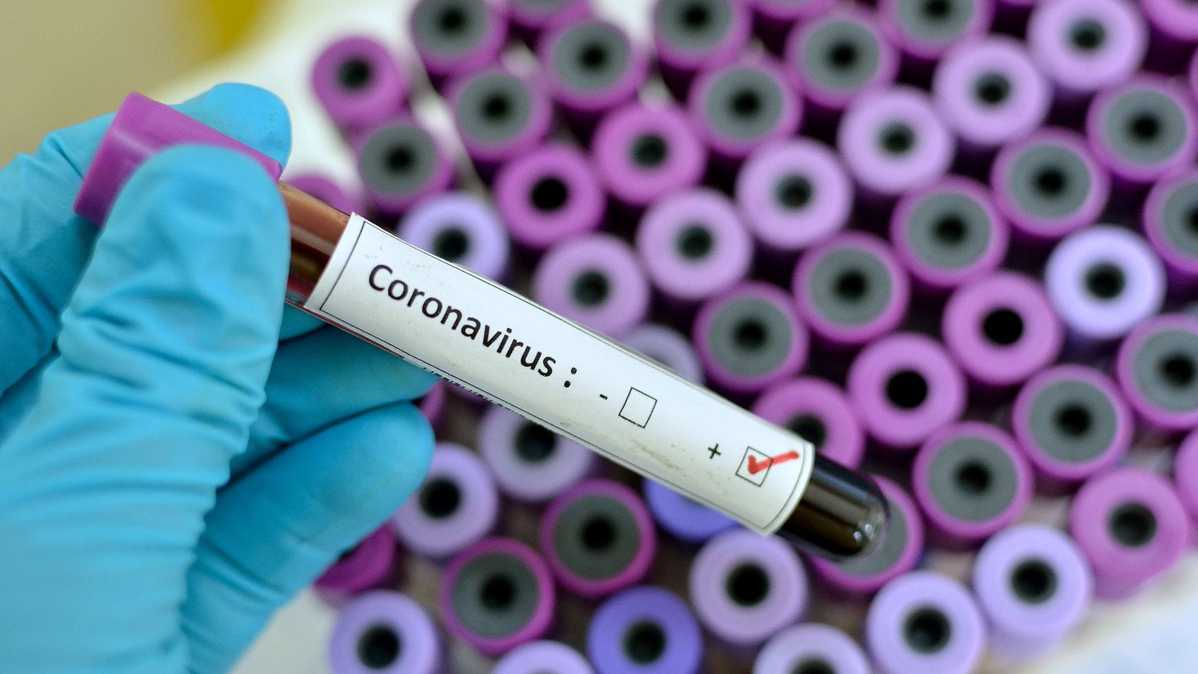
Fourth, is there a risk of leakage from US biological bases overseas?
The US military has many biological laboratories in Southeast Asia and countries including Pakistan, Afghanistan, Kazakhstan, Kyrgyzstan, Uzbekistan and Georgia. In Ukraine, it was reported that there are 16 biological laboratories set up by the US. According to a spokesperson from the Russian Ministry of Foreign Affairs, the US Department of Defense set up biological laboratories with a dual role in a third country on the pretext of combating biochemical terrorism. The possibility cannot be ruled out that it aims to develop or reorganize various dangerous disease pathogens for military purposes and to strengthen its influence in the biochemical sector overseas.
Why has the US built so many biological laboratories in other countries? What's the purpose in locating these laboratories in countries surrounding China and Russia? Do these laboratories meet security standards? Are there hidden dangers of a leak? When can the US respond to the various suspicions concerning its overseas labs?
Only the US government can answer these questions. We need to respect facts, science and life. We call on the US government to clear these doubts in an open, transparent and responsible manner as soon as possible and invite scientists from all over the world to the US to investigate the origin of the novel coronavirus. The truth must be restored, which will help the US fix its reputation crippled by lies.
The author is an observer of international affairs.
- Chinese vice-president meets Lao vice-president
- Two major Xinjiang railway ports see over 100,000 China-Europe freight train trips
- East China's famous Baotu Spring sees water level hit nearly 60-year high
- China's next-generation 'artificial sun' achieves new milestone with divertor prototype
- Breaking barriers: Sino-foreign team wins with accessible medical solutions
- Satellite tracking reveals climate change forces penguins to abandon breeding sites
















